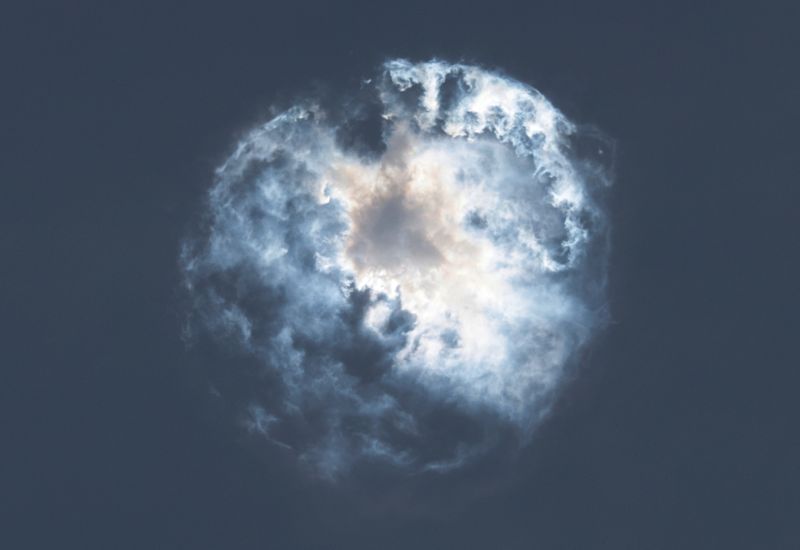By David Shepardson and Joey Roulette
WASHINGTON (Reuters) - The U.S. Federal Aviation Administration said Monday it has closed the investigation into an explosion during SpaceX's Starship Super Heavy Orbital Test flight in late 2023, agreeing with the company on new procedures for future flights.
The Super Heavy booster, the rocket system’s towering first half that launches the upper Starship stage toward space, exploded after several engines failed to properly reignite during its return for a landing, said SpaceX, which led the investigation into the incident.
The uncrewed spacecraft, developed to carry astronauts to the moon and beyond, failed in its second test last November, but it made it further than an earlier attempt that ended in an explosion.
The vehicle breakup occurred more than three and a half minutes into the flight over the Gulf of Mexico.
SpaceX identified, and the FAA accepted the root causes of the incident and 17 corrective actions in SpaceX’s mishap report, including vehicle hardware redesigns, updated control system modeling, re-evaluation of engine analyses, updated engine control algorithms, operational changes, flammability analysis updates and installation of additional fire protection.
SpaceX said it has implemented hardware "to improve leak reduction, fire protection, and refined operations associated with the propellant vent to increase reliability."
Prior to the next launch, SpaceX must implement corrective actions and receive a license modification from the FAA addressing safety, environmental and other regulatory requirements.

The FAA said it is evaluating SpaceX’s license modification request and expects SpaceX to submit additional required information before a final determination.
"More Starships are ready to fly, putting flight hardware in a flight environment to learn as quickly as possible," the company said.